Emmet Scott - Mohammed and Charlemagne Revisited: The History of a Controversy
Here you can read online Emmet Scott - Mohammed and Charlemagne Revisited: The History of a Controversy full text of the book (entire story) in english for free. Download pdf and epub, get meaning, cover and reviews about this ebook. year: 2012, publisher: New English Review Press, genre: History. Description of the work, (preface) as well as reviews are available. Best literature library LitArk.com created for fans of good reading and offers a wide selection of genres:
Romance novel
Science fiction
Adventure
Detective
Science
History
Home and family
Prose
Art
Politics
Computer
Non-fiction
Religion
Business
Children
Humor
Choose a favorite category and find really read worthwhile books. Enjoy immersion in the world of imagination, feel the emotions of the characters or learn something new for yourself, make an fascinating discovery.

- Book:Mohammed and Charlemagne Revisited: The History of a Controversy
- Author:
- Publisher:New English Review Press
- Genre:
- Year:2012
- Rating:3 / 5
- Favourites:Add to favourites
- Your mark:
Mohammed and Charlemagne Revisited: The History of a Controversy: summary, description and annotation
We offer to read an annotation, description, summary or preface (depends on what the author of the book "Mohammed and Charlemagne Revisited: The History of a Controversy" wrote himself). If you haven't found the necessary information about the book — write in the comments, we will try to find it.
During the 1920s Belgian historian Henri Pirenne came to an astonishing conclusion: the ancient classical civilization, which Rome had established throughout Europe and the Mediterranean world, was not destroyed by the Barbarians who invaded the western provinces in the fifth century, it was destroyed by the Arabs, whose conquest of the Middle East and North Africa terminated Roman civilization in those regions and cut off Europe from any further trading and cultural contact with the East. According to Pirenne, it was only in the mid-seventh century that the characteristic features of classical life disappeared from Europe, after which time the continent began to develop its own distinctive and somewhat primitive medieval culture.
Pirennes findings, published posthumously in his Mohammed et Charlemagne (1937), were even then highly controversial, for by the late nineteenth century many historians were moving towards a quite different conclusion: namely that the Arabs were actually a civilizing force who rekindled the light of classical learning in Europe after it had been extinguished by the Goths, Vandals and Huns in the fifth century. And because Pirenne went so diametrically against the grain of this thinking, the reception of his new thesis tended to be hostile. Paper after paper published during the 1940s and 50s strove to refute him. The most definitive rebuttal however appeared in the early 1980s. This was Mohammed, Charlemagne and the Origins of Europe, by English archaeologists Richard Hodges and David Whitehouse. These, in common with Pirennes earlier critics, argued that classical civilization was already dead in Europe by the time of the Arab conquests, and that the Arabs arrived on the scene as civilizers rather than destroyers. Hodges and Whitehouse claimed that the latest findings of archaeology fully supported this view, and their work was highly influential. So influential indeed that over the next three decades Pirenne and his thesis was progressively sidelined, so that recent years have seen the publication of dozens of titles in the English language alone which fail even to mention his name.
In Mohammed and Charlemagne Revisited historian Emmet Scott reviews the evidence put forward by Hodges and Whitehouse, as well as the more recent findings of archaeology, and comes to a rather different conclusion. For him, the evidence shows that classical civilization was not dead in Europe at the start of the seventh century, but was actually experiencing something of a revival. Populations and towns were beginning to grow again for the first time since this second century a development apparently attributable largely to the spread of Christianity. In addition, the real centres of classical civilization, in the Middle East, were experiencing an unprecedented Golden Age at the time, with cities larger and more prosperous than ever before. Excavation has shown that these were destroyed thoroughly and completely by the Arab conquests, with many never again reoccupied. And it was precisely then, says Scott, that Europes classical culture also disappeared, with the abandonment of the undefended lowland villas and farms of the Roman period and a retreat to fortified hilltop settlements; the first medieval castles.
For Scott, archaeology demonstrated that the Arabs did indeed blockade the Mediterranean through piracy and slave-raiding, precisely as Pirenne had claimed, and he argues that the disappearance of papyrus from Europe was an infallible proof of this. Whatever classical learning survived after this time, says Scott, was due almost entirely to the efforts of Christian monks.
The Pirenne thesis has taken on a new significance in the post 9/11 world. Scotts take on the theory will certainly ignite further and perhaps heated debate. Emmet Scotts Mohammed and Charlemagne Revisited: The History of a Controversy is not only a fascinating study but an important book, which, I believe, will eventually lead to a paradigm shift - a change in the way we look at the history of Late Antiquity and the Early Medieval Period, and how we answer the question, What ended Roman civilization and brought about the Dark Ages? It is a riveting tale - a history of ideas that does much to illuminate current concerns. Scott takes as his starting point the thesis of the Belgian historian Henri Pirenne [1862-1935] that the real destroyers of classical civilization were the Muslims. Scott refines, corrects and augments Pirennes insight, and he does so by taking into account two essential disciplines often neglected in studies of this period - archaeology and Islamology. As Scott points out, very few historians paid any attention to the nature of Islam or its beliefs - they simply assumed that Islam was and is a faith no different from others. As for the former element: Scott argues correctly that the written records cannot be taken at their face value, and must be supported by archaeology. I shall not spoil the fun by revealing what his conclusions are, but they are arrived at after an exhilarating intellectual ride through the history and archaeology of Byzantium, the Roman presence in the West, Middle East, North Africa, the Mediterranean, and much, much more. -- IBN WARRAQ author of Why the West is Best: A Muslim Apostates Defense of Liberal Democracy Conventional scholarly wisdom has held that German conquest ended Roman civilization and brought on the Dark Ages. Henri Pirenne strongly disagreed. Almost a hundred years ago, he argued that starting in the seventh century, Islam was a destructive, indeed a catastrophic, force that caused Europes Dark Ages. Most European historians have disagreed, claiming that Islam was a tolerant, enlightened force that began to raise Europe out of its darkness. The myth of a so-called Islamic Golden Age in Spain is an expression of that view. Scott defends and enlarges upon Pirennes thesis, arguing that these historians have paid scant attention to the nature of Islam or its beliefs. Like much of our media and government officials, they assume that Islam is a religion like any other. Scott argues that, with its doctrine of never-ending holy war against all non-believers, Islam was an unprecedentedly destabilizing influence. As with all good history, by reading Scotts well-written, richly-detailed account of the perils that almost destroyed Western civilization in an earlier age, we are informed of the danger that confronts our civilization in our time. This book is a must-read for any person concerned with the future of Western civilization in our times. -- Richard L. Rubenstein, author of Jihad and Genocide
Emmet Scott: author's other books
Who wrote Mohammed and Charlemagne Revisited: The History of a Controversy? Find out the surname, the name of the author of the book and a list of all author's works by series.

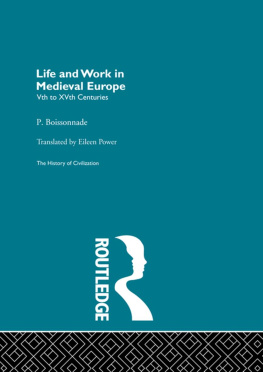
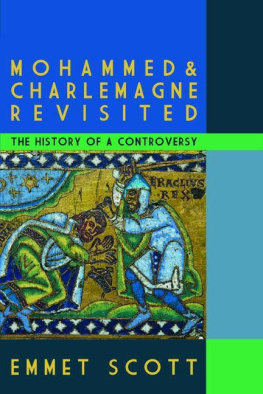

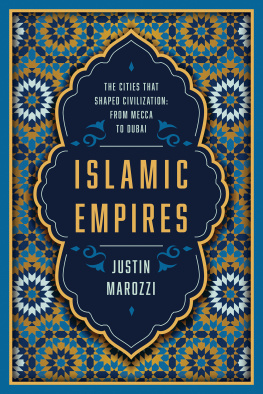
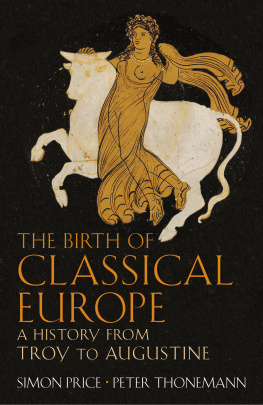

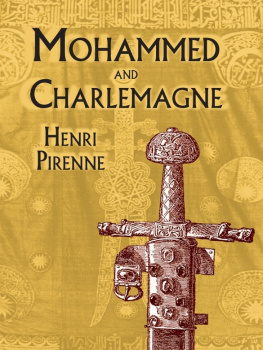
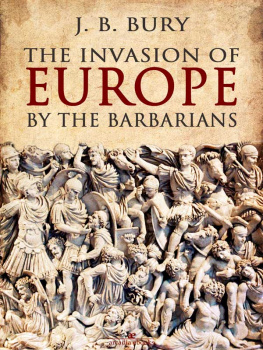
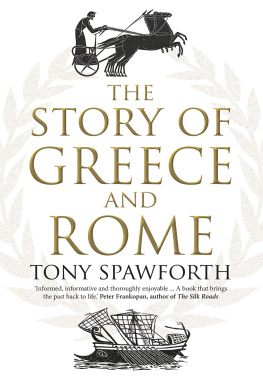
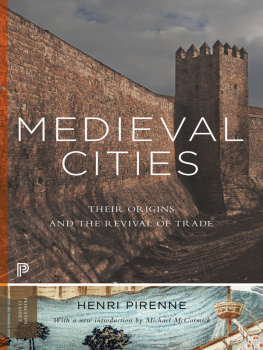
 NEW ENGLISH REVIEW PRESS
NEW ENGLISH REVIEW PRESS